Johan Rockström
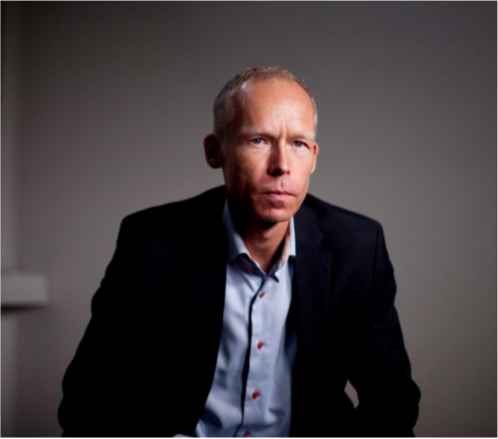
Johan Rockström is a Professor in Environmental Science with an emphasis on water resources and global sustainability at Stockholm University. He also acts as Executive Director of the Stockholm Resilience Centre. He is an internationally recognized scientist on global sustainability issues and led the recent development of the new Planetary Boundaries framework for human development in our current era of rapid global change.
He is a leading scientist on global water resources, and strategies to build resilience in water scarce regions of the world, with more than 15 years experience from applied water research in tropical regions, and more than 100 research publications in fields ranging from applied land and water management to global sustainability.
Sarah Cornell
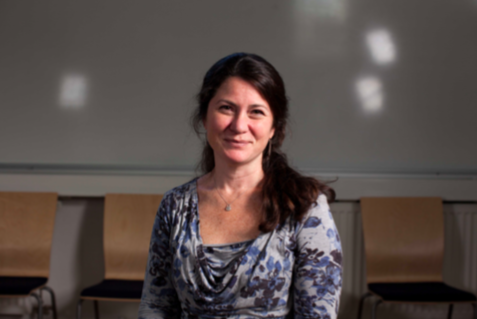
Sarah Cornell is the research coordinator of the Planetary Boundaries research group at the SRC, and a co-convenor of the international Planetary Boundaries Research Network. Both of these initiatives take a transdisciplinary approach and link insights from Earth system science and social-ecological resilience, to better characterize the complex issues of global sustainability.
Sarah’s research background is in marine and atmospheric biogeochemistry, but like many global change scientists, she has a very interdisciplinary research trajectory. She has worked on integrated environmental assessment, risk management, sustainability governance, and the philosophy of science. Her current research focuses on conceptualizations of humans in the Earth system. Her main interests are in obtaining a multidimensional understanding of anthropogenic global changes and what they mean for people.
Garry Peterson
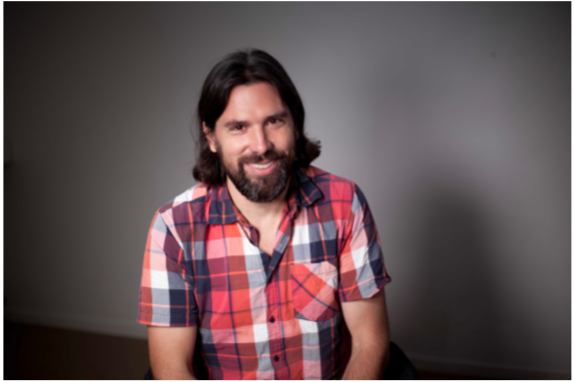
Garry Peterson is a Professor in Environmental Sciences with a focus on resilience in social- ecological systems and head of the PhD programme in Sustainability Science at the Stockholm Resilience Centre, at Stockholm University. He co-leads a research project on social- ecological dynamics of ecosystem services in the Stockholm region, contributes to IPBES, and contributed to the Millennium Ecosystem Assessment. He is co-leader of the regime shifts research theme at the Stockholm Resilience Centre (regimeshifts.org).
Professor Peterson has an interdisciplinary background and his research has consistently combined theoretical development with applied practical work. His current research focuses on how interactions among people and nature produce diverse benefits for people, or ecosystem services, and how social-ecological systems can abruptly reorganize. He is also working on identifying and comparing how alternative social-ecological trajectories could lead towards 'good' futures for people in the Anthropocene.
Carl Folke
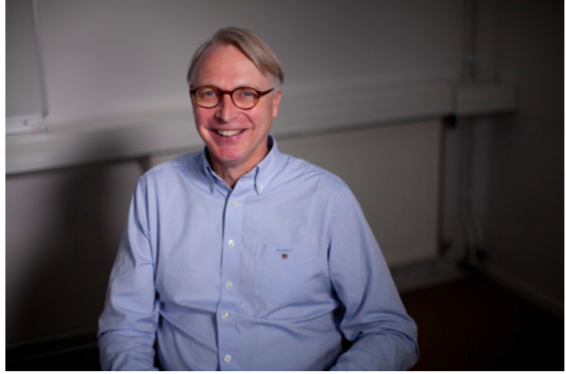
Carl Folke, professor, is the Founder and Science Director of the Stockholm Resilience Centre and the Director of the Beijer Institute of Ecological Economics at the Royal Swedish Academy of Sciences. Carl has contributed to the development of new research areas, interdisciplinary arenas, and concepts that have spread in science, policy and practice. He works with interdisciplinary and integrative science for sustainability. His focus is on social-ecological systems, resilience thinking, and ecological economics, emphasizing that people are embedded parts of the biosphere and at the same time shape it from local to global levels. His work questions how to adaptively govern and manage for resilience and transformation in social-ecological systems.
Carl has produced over 250 scientific papers (16 in Science and Nature) and 13 books, including Linking Social and Ecological Systems: Management Practices and Social Mechanisms for Building Resilience (with F. Berkes) Cambridge 1998, Navigating Social-Ecological Systems: Building Resilience for Complexity and Change (with F. Berkes and J. Colding) Cambridge 2003, and Principles of Ecosystem Stewardship: Resilience-Based Natural Resource Management in a Changing World (with Chapin, F.S, III, and G.P. Kofinas) Springer Verlag 2009. He serves as advisor to international research institutes, has a long record of science and policy collaboration, and more recently a collaboration between the science and the business communities.
Lisa Deutsh
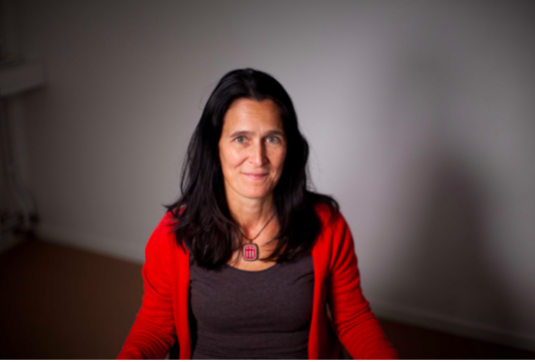
Dr. Lisa Deutsch is a Senior Lecturer and the Director of Studies at the Stockholm Resilience Centre. Lisa is responsible for the innovative activities and study programs that focus on developing the next generation of resilience and sustainability scientists. She also teaches at both undergraduate and post-graduate levels.
Lisa's research examines the couplings between the ecological effects of globalization of food production systems and national policy and economic accounts. She particularly focuses on the impacts of global trade on food systems. She also works on the challenge of tracing and mapping food flows to cities to explore how cities feed themselves. Her work contributes to the development of a set of complementary tools that can be used to understand global food flows and the dependence of cities and nations on services from ecosystems globally.
Kevin Noone
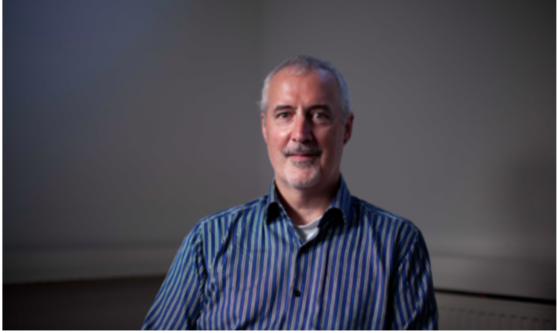
Kevin Noone is Professor of Meteorology at the Department of Applied Environmental Science at Stockholm University. He was the founding Director of the Swedish Secretariat for Environmental Earth System Sciences (SSEESS) at the Royal Swedish Academy of Sciences from 2010-2014, and has been affiliated with the Stockholm Resilience Centre. From 2004-2008 he was the Executive Director of the International Geosphere-Biosphere Programme (IGBP). He has a background in Chemical Engineering, Civil and Environmental Engineering, Oceanography, Meteorology, and Atmospheric Physics. He has been on the faculty at both Stockholm University in Sweden and the University of Rhode Island in the U.S.
His early research work in Chemical Engineering focused on transparent semiconductors for use as solar cells. His primary research interests at present are in the areas of sustainability science, atmospheric chemistry & physics, the effects of aerosols and clouds on air quality and the Earth's climate, and Earth System science. He is an advocate of using holistic approaches to obtaining a solid scientific basis for decisions on environmental and climate issues. He is author/coauthor of more than 120 scientific articles, two books and 10 book chapters.
Thomas Elmqvist
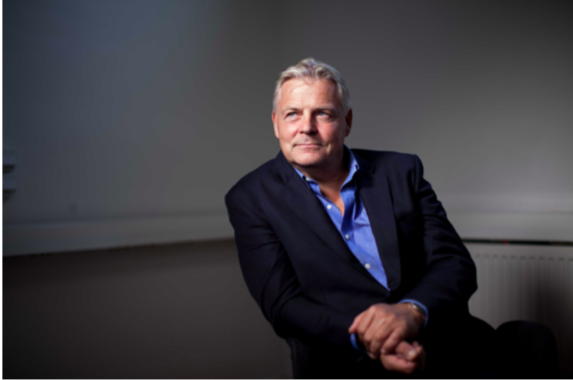
Thomas Elmqvist, PhD, is a professor in Natural Resource Management at the Stockholm Resilience Centre, Stockholm University. His research is focused on ecosystem services, land use change, urbanization, natural disturbances and components of resilience including the role of social institutions. He serves as associated editor for the journals Ecology and Society, Ecosystem services, and Sustainability Science. He has led the “Cities and Biodiversity project” (www.cbobook.org) and currently leading a Future Earth project “What is Urban”. He is also part of the scoping expert group on regional and sub-regional assessments in IPBES.
Victor Galaz
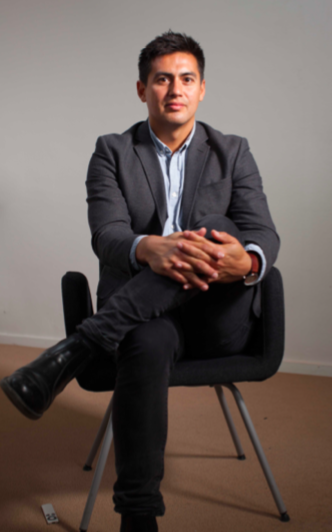
Victor Galaz is an Associate Professor and Senior Lecturer in political science. He is currently working as a researcher and co-theme leader for Global and Cross-Scale Dynamics at the Stockholm Resilience Centre. He is Acting Executive Director for the Global Economic Dynamics and the Biosphere programme at The Royal Swedish Academy of Sciences.
His current research interests are in global environmental governance, planetary boundaries, emerging technologies and emerging political conflicts associated with the notion of the Anthropocene. His work has been featured in international media such as Wired, The Guardian, New Scientist and Nature. He is a regular contributor in the Swedish public and policy debate about the environemnt and emerging technologies. Victor is also the author of "Global Environmental Governance, Technology and Politics - The Anthropocene Gap" (Edward Elgar, 2014).